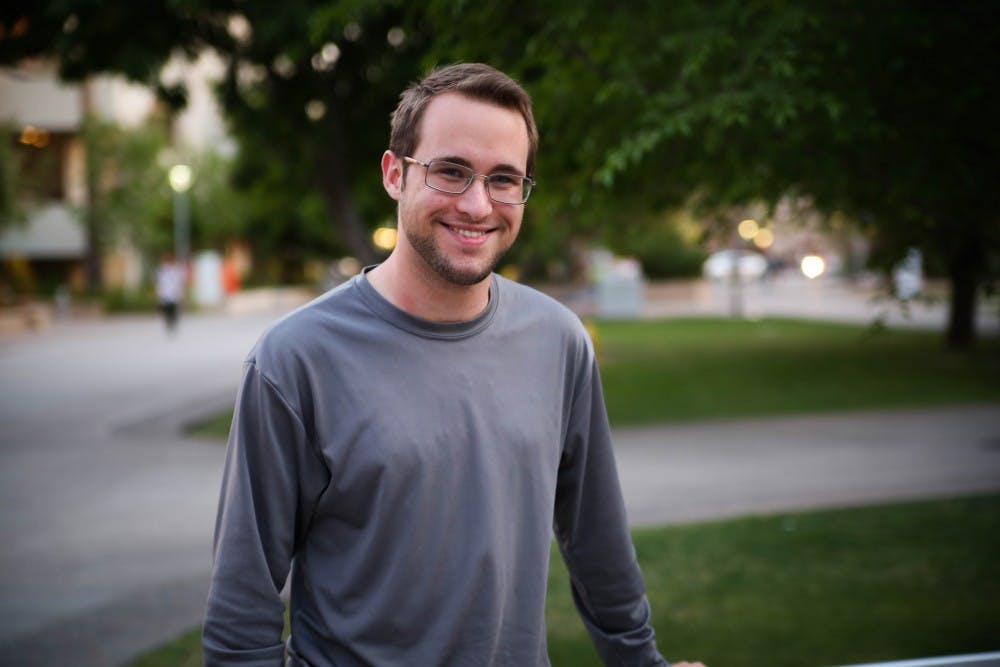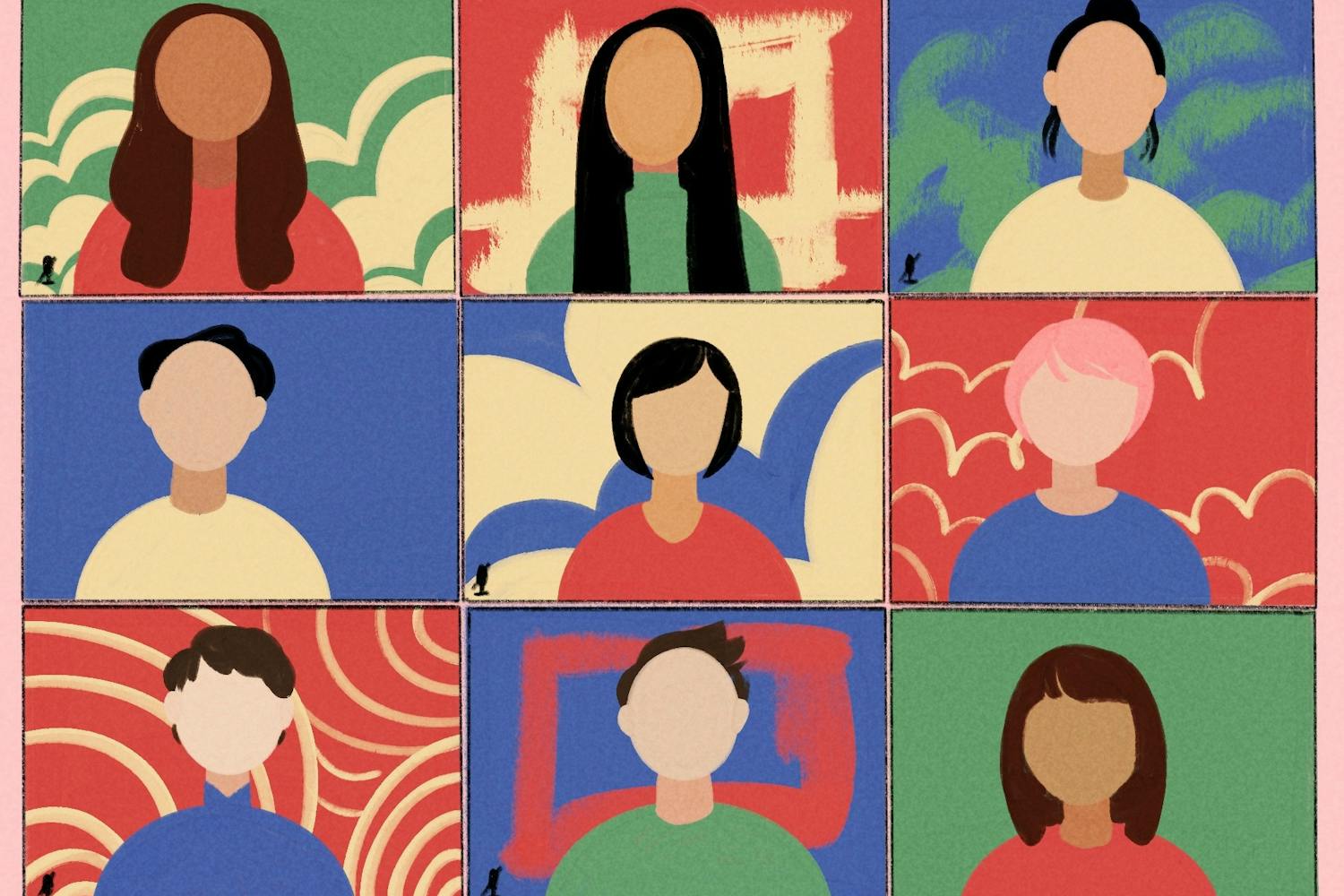The overwhelming social landscape of college can make any ASU student nervous, but for students who have autism, the adjustment to a social setting can be especially difficult.
“It’s extremely hard to meet people in general in college,” Morrow said. “And if you’re autistic, it’s exponentially harder because we don’t have the same level social skills as everyone else."
The club started last fall as a resource for students who have autism and deal with social anxiety and hosts gatherings for students with autism. It is currently planning a major project for Autism Awareness month in April.
Morrow decided to start the group after he came to ASU and noticed there wasn’t a resource for him and other autistic students to socialize and communicate.
“When I came here, I thought it was interesting that we didn’t really have a way to get together and socialize,” Morrow said.
Morrow said there is a lot of false information surrounding autism, especially because not many people realize autism exists among college students. Morrow wants everyone to know that there are many people struggling with
“Be aware that (autism) exists," Morrow said. "Be aware that it’s still a thing at a college level. There are plenty of students who got this far.”
"Something I find troubling is that I can’t start a conversation or think what to say next when talking to people," Borneman said. “I find it difficult to form relationships with people. It can make college tricky.”
He said he appreciates that he can lead a club like this on campus. He encourages students with autism to join the club, or just to surround themselves with supportive people.
“I would say getting a small group of friends and merging with someone you know is probably the best way of getting together in a school community,” Borneman said. “It seems like a great way for people who are having issues with their communication and social skills to get together amongst each other.”
Maria Dixon, a clinical associate professor at the School of Speech and Hearing Sciences, serves as the organization's faculty adviser. Dixon said she decided to advise the organization after she saw a need for a group on campus where students could feel supported and raise autism awareness.
“(Autism) is mostly focused on children," Dixon said. "There’s not a lot of available support once they leave childhood. One of the ways to help is to see other people that are dealing with the same issue.”
Dixon said the topic of autism brings all types of people together in the club, from those who haven't been formally diagnosed to people who just want to know more information about what autism is and how to bring awareness to it.
“It brings all of the people (together so that) they can talk about their experiences and strategies they use to help each other,” Dixon said. “You don’t have to have a formal diagnosis to join the group. We have some people who don’t have a diagnosis at all but they have an interest in autism awareness.”
Related links:
We can all learn a thing or two about autism from Elmo
ASU engineering professor makes striking discoveries about autism
Reach the reporter at sgreene6@asu.edu or follow @thesydneygreene on Twitter.
Like The State Press on Facebook and follow @statepress on Twitter.




